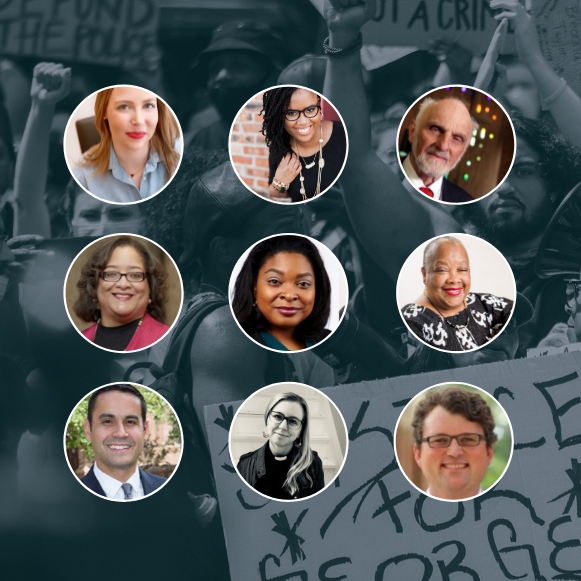Church Anew Blog
Get Updates in Your Inbox
Want to stay up-to-date with the Church Anew Blog? Sign up for our weekly blog round-up.
Different and Wicked
All of us could take a lesson from Elphaba in valuing the lives of neighbors who are too quickly pushed into the background ... or minimized and subjugated by those occupying roles of privilege and authority.
Two Years Later: Racism In America
National visionaries, professors, and pastors provide biblical wisdom to help make sense of the world today.
EXPLORE OUR ARCHIVE OF ARTICLES FROM
Walter Brueggemann
Get Updates in Your Inbox
Want to stay up-to-date with the Church Anew Blog? Sign up for our weekly blog round-up.














